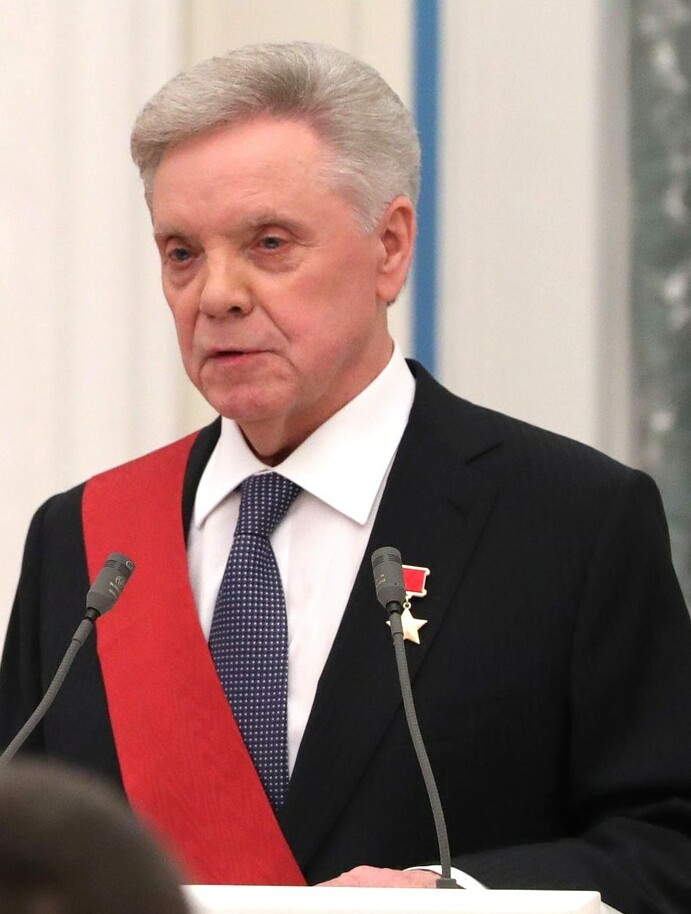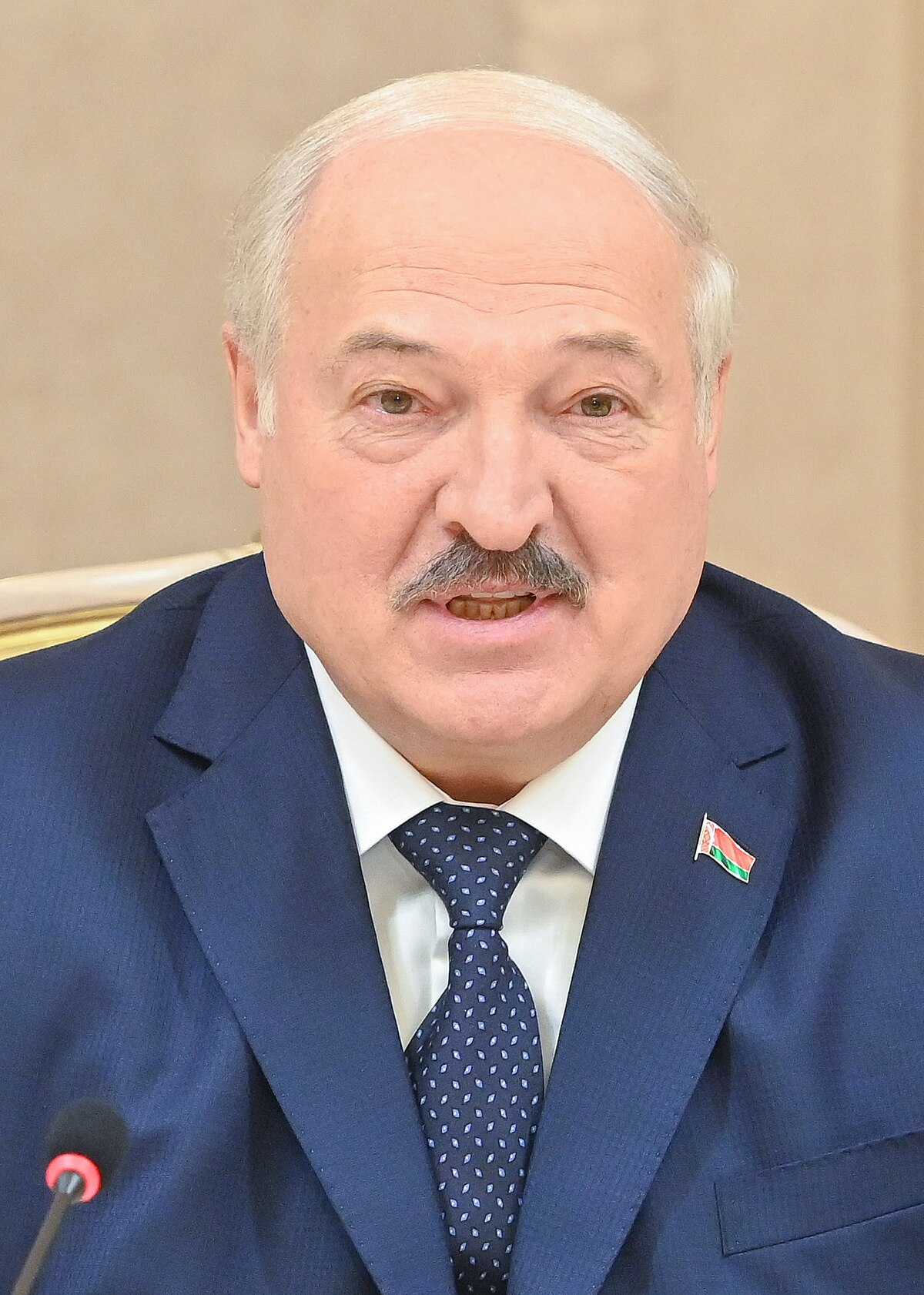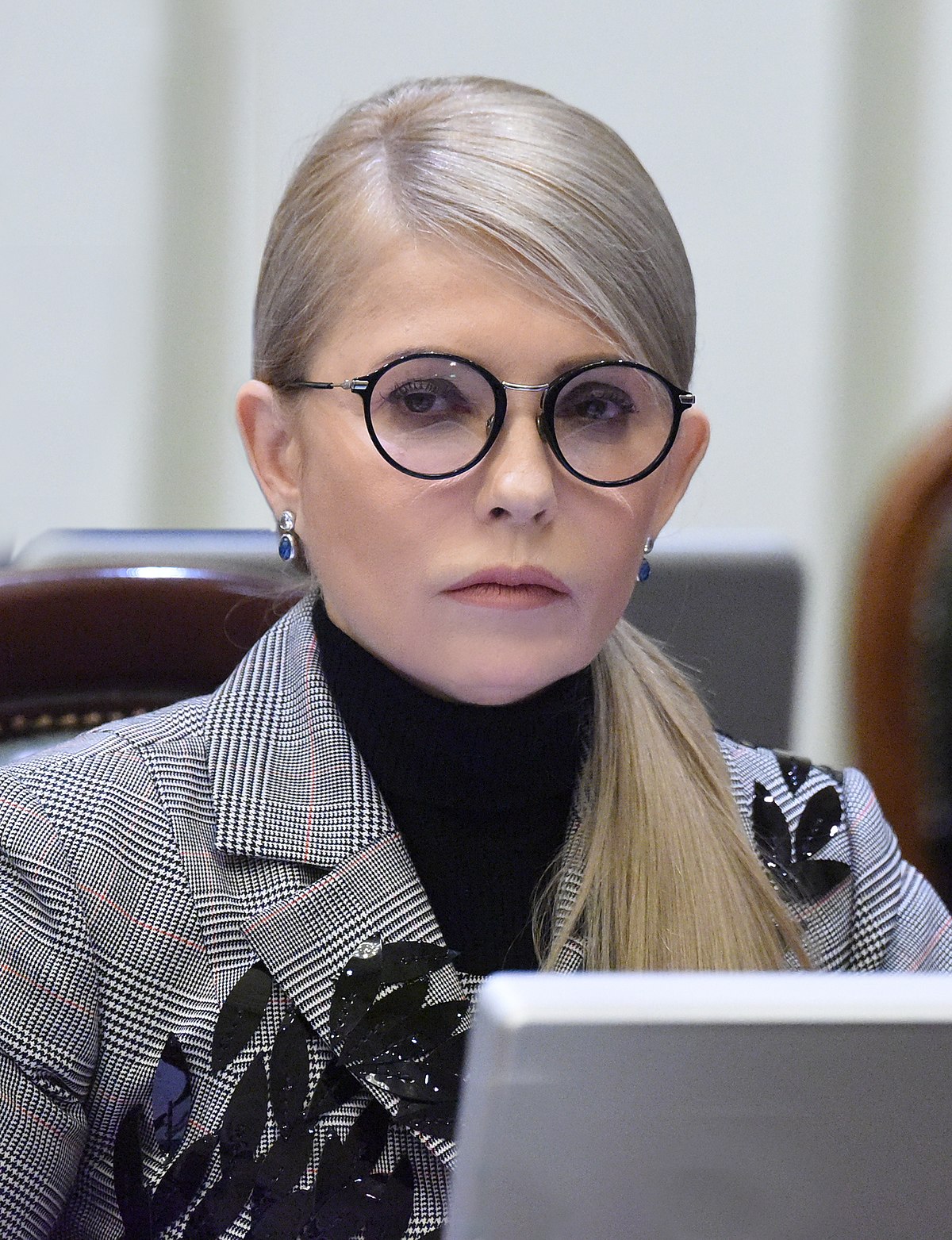Protection of the rights of the 25 million ethnic Russians living in the post-Soviet states, as well as slowing down immigration from Russia, became the 2 main priorities for President Fyodorov and Prime Minister Yavlinsky. The Russian government decided to follow the current policy of offering dual citizenship to ethnic Russians and Russian-speaking people abroad. The government would provide pro-Russian groups and movements with financial and organizational support in countries like Ukraine, the Baltic States and Kazakhstan. The idea of making Russian the official language in other countries with a large Russian diaspora was also supported by Moscow. To avoid the brain drain, the Russian government enacted the following policies: focus on increasing the standard of living in Russia; establishment of "Russian Houses" abroad; offering state funding and cheaper interest rates for educated people; increased wages for skilled workers; and expansion of public housing.

(Boris Gromov - new Interior Minister of Russia)
In the meantime,
Boris Vsevolodovich Gromov, became a new Interior Minister of Russia. Born 7 November 1943 in Saratov, Russian SFSR, Soviet Union, he graduated from a Suvorov military cadet school, the Leningrad Military Commanders School and later from the Frunze Military Academy in Moscow, as well as the General Staff Academy. During the Soviet–Afghan War, Gromov did three tours of duty (1980–1982, 1985–1986, 1987–1989), and was best known for the two years as the last Commander of the 40th Army in Afghanistan. Gromov was the last Soviet soldier to leave Afghanistan, crossing on foot the Friendship Bridge spanning the Amu-Daria river on 15 February 1989, the day the Soviet pullout from Afghanistan was completed. He received the highest military award – the golden star of the Hero of the Soviet Union after Operation Magistral had lifted the siege of the city of Khost in eastern Afghanistan. During the Red Army withdrawal in February 1989, 30 to 40 military trucks crammed with Afghan historical treasures crossed into the Soviet Union, under orders from General Boris Gromov. He cut an antique Tekke carpet stolen from Darul Aman Palace into several pieces, and gave it to his acquaintances. After the Afghan War, he was chosen as a candidate for vice president by the Communist Party in the Russian presidential election of 1991 (the candidate for president was former premier Nikolai Ryzhkov), in 1994, Gromov retired from the Russian Armed Forces. In the coming years, Gromov would play an important role in the Russian government and politics, becoming
a deputy prime minister in 1996.
(Alexander Lukashenka - new president of Belarus and supporter of unification between Russia and Belarus)
Presidential elections were held in Belarus on 23 June 1994, with a second round on 10 July.They were the first national elections held in Belarus since the country seceded from the Soviet Union three years earlier. The result was a victory for Alexander Lukashenko, who received 81% of the vote in the second round. Voter turnout was 79% in the first round and 71% in the second. Before embarking on his political career, Lukashenko worked as the director of a state farm (sovkhoz) and served in both the Soviet Border Troops and the Soviet Army. In 1990, Lukashenko was elected to the Supreme Soviet of the Byelorussian Soviet Socialist Republic. Following the dissolution of the Soviet Union, he assumed the position of head of the interim anti-corruption committee of the Supreme Council of Belarus. A new Belarusian constitution enacted in early 1994 paved the way for the first democratic presidential election on 23 June and 10 July. Six candidates stood in the first round, including Lukashenko, who campaigned as an independent on a populist platform. In an interview with The New York Times, he declared: "I am neither with the leftists nor the rightists. But with the people against those who rob and deceive them". Stanislav Shushkevich and Vyacheslav Kebich also ran, with the latter regarded as the clear favorite. Lukashenko won 45.1% of the vote while Kebich received 17.4%, Zianon Pazniak received 12.9% and Shushkevich, along with two other candidates, received less than 10% of votes. Lukashenko won the second round of the election on 10 July with 80.1% of the vote.The presidential inauguration was held in the halls of the Government House, on 20 July 1994, exactly ten days after the election, during a special meeting of the parliament, the Supreme Council. Shortly after his inauguration, he addressed the State Duma of the Russian Federation in Moscow proposing a new Union of Slavic states, which would culminate in
the creation of the Union of Russia and Belarus in 1999.
In February 1995, Lukashenko announced his intention to hold a referendum. For the young democratic republic this raised the controversial issue of the Russification of Belarus. Lukashenko said he would press ahead with the referendum regardless of opposition in the Supreme Council and threatened to suspend its activities if it did not agree to hold the referendum. On 11 April 1995, a vote was held in parliament on calling a referendum on four issues proposed by Lukashenko: 1) granting Russian the status of a state language, 2) changing state symbols, 3) on economic integration with Russia and 4) on giving the president the right to dissolve parliament. The deputies rejected all the issues, except for that which regarded economic integration with Russia. It is unclear whether the president had legal power independently to call referendums, and if so, if they would be binding. Lukashenko stated that the referendum would be held despite the rejection by the deputies. In protest, 19 out of a total of 238 deputies of the Belarusian Popular Front led by Zianon Pazniak and the Belarusian Social Democratic Assembly led by Oleg Trusov began a hunger strike in the parliamentary meeting room and stayed there overnight on the night of 11–12 April. At night, under the pretext of a bomb threat, unidentified law enforcement personnel attacked and forcibly expelled the deputies. Lukashenko stated that he personally ordered the evacuation for security purposes. The Supreme Council accepted to hold the referendum on 13 April and in May 1995, Belarusian authorities held a referendum on the four issues. The OSCE Parliamentary Assembly found neither the referendum nor the 1995 Belarusian parliamentary election which took place in the same month to have met conditions for free and fair elections.
In the summer of 1996, deputies of the 199-member Belarusian parliament signed a petition to impeach Lukashenko on charges of violating the Constitution. Shortly after that, a referendum was held on 24 November 1996 in which four questions were offered by Lukashenko and three offered by a group of Parliament members. The questions ranged from social issues, including changing the independence day to 3 July (the date of the liberation of Minsk from Nazi forces in 1944) and the abolition of the death penalty, to the national constitution. As a result of the referendum, the constitution that was amended by Lukashenko was accepted and the one amended by the Supreme Council was voided. On 25 November, it was announced that 70.5% of voters, of an 84% turnout, had approved the amended constitution. The US and the EU, however, refused to accept the legitimacy of the referendum.After the referendum, Lukashenko convened a new parliamentary assembly from those members of the parliament who were loyal to him. After between ten and twelve deputies withdrew their signature from the impeachment petition, only about forty deputies of the old parliament were left and the Supreme Council was dismissed by Lukashenko. Nevertheless, international organizations and many Western countries do not recognize the current parliament given the way it was formed. Lukashenko was elected chairman of the Belarusian Olympic Committee in 1997.

(Yulia Tymoshenko in 1990s - unofficial leader of group of pro-Western Ukrainian oligarchs)
Meanwhile, in Ukraine a new rising star appeared on the political scene –
Yulia Tymoshenko. Tymoshenko has worked as a practicing economist and academic. Prior to her political career, she became a successful but controversial businesswoman in the gas industry, becoming by some estimates one of the richest people in the country. After graduating from the Dnipropetrovsk State University in 1984, Tymoshenko worked as an engineer-economist in the "Dnipro Machine-Building Plant" (which produced missiles) in Dnipropetrovsk until 1988. In 1988, as part of the perestroika initiatives, Yulia and Oleksandr Tymoshenko borrowed 5,000 roubles and opened a video-rental cooperative, perhaps with the help of Oleksander's father, Gennadi Tymoshenko, who presided over a regional film-distribution network in the provincial council. From 1989 to 1991, Yulia and Oleksandr Tymoshenko founded and led a commercial video-rental company "Terminal" in Dnipropetrovsk.
In 1991, Tymoshenko established (jointly with her husband Oleksandr, Gennadi Tymoshenko, and Olexandr Gravets)"The Ukrainian Petrol Corporation", a company that supplied the agriculture industry of Dnipropetrovsk with fuel from 1991 to 1995. Tymoshenko worked as a general director. In 1995, this company was reorganized into United Energy Systems of Ukraine. Tymoshenko served as the president of United Energy Systems of Ukraine, a privately owned middleman company that became the main importer of Russian natural gas to Ukraine, from 1995 to 1 January 1997. During that time she was nicknamed the
"gas princess". She was also involved in business relations (either co-operative or hostile) with many important figures of Ukraine.Tymoshenko also had to deal with the management of the Russian corporation, Gazprom. Under her management, UESU successfully solved significant economic problems: from 1995 to 1997, Ukraine's multi-billion debt for Russian natural gas was paid; Ukraine resumed international cooperation in machine building, the pipe industry and construction; and Ukraine's export of goods to Russia doubled.
(Alcoholism became a national disaster in Russia)
Since the dissolution of the USSR in 1991,
consumption of alcohol in Russia has skyrocked. High volumes of alcohol consumption had serious negative effects on Russia's social fabric and brought political, economic and public health ramifications. Alcoholism had been a problem throughout the country's history because drinking is a pervasive, socially acceptable behaviour in Russian society. Some authors started to claim that alcoholism in Russia acquired a character of a national disaster and has the scale of a humanitarian catastrophe. After the Bolshevik Party came to power, they made repeated attempts to reduce consumption in the Soviet Union. However, by 1925, vodka had reappeared in state-run stores. Joseph Stalin reestablished a state monopoly to generate revenue. Alcohol-related taxes constituted one third of government revenues by the 1970s. Soviet leaders Nikita Khrushchev, Leonid Brezhnev, Yuri Andropov, and Konstantin Chernenko all tried to stem alcoholism. Mikhail Gorbachev increased controls on alcohol in 1985; he attempted to impose a partial prohibition, which involved a massive anti-alcohol campaign, severe penalties against public drunkenness and alcohol consumption, and restrictions on sales of liquor. The campaign was temporarily successful in reducing per capita alcohol consumption and improving quality-of-life measures such as life expectancies and crime rates, but it was deeply unpopular among the population, and it ultimately failed. Now the main question is if the government under President Fyodorov will succeed where the others failed?

en.wikipedia.org

en.wikipedia.org

en.wikipedia.org



